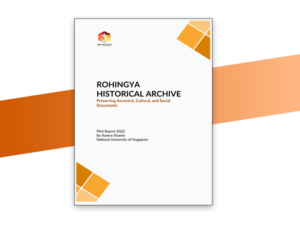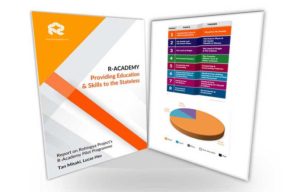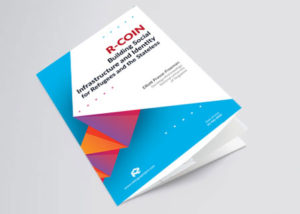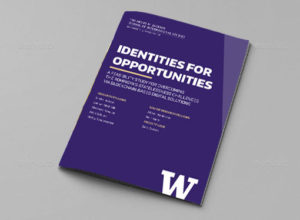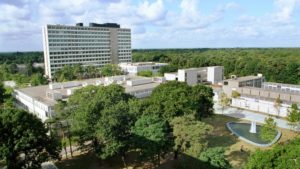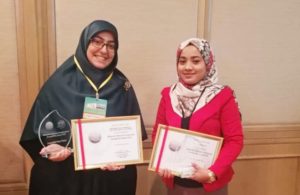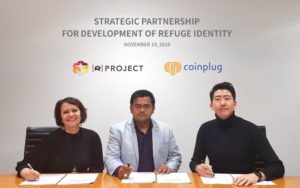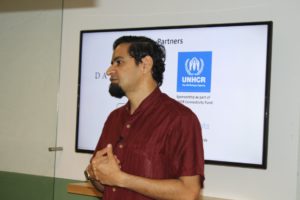Identity and Opportunity
for
Stateless Rohingya
For decades, Rohingya have endured genocide, forced displacement from their ancestral lands, and made stateless, living largely undocumented in various countries, denied basic rights. They seek sustainable solutions to rebuild their identity and community.
The Rohingya Project is a grassroots initiative dedicated to preserving identity and dignity for millions of stateless Rohingya. Through the SYNU Platform a blockchain-powered ecosystem. We safeguard heritage, foster education, and bridge access to vital services, rewarding community participation and empowering Rohingya to thrive with resilience and pride.
MISSION
The Rohingya Project, through the SYNU Platform, is dedicated to restoring dignity and opportunity for millions of stateless Rohingya. Our mission is to build a decentralized ecosystem that safeguards cultural heritage, strengthens identity, and fosters education. By bridging access to essential services and rewarding community participation, we empower Rohingya individuals to thrive with resilience, pride, and global recognition.
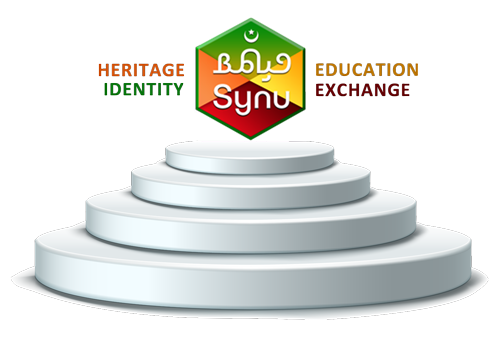
Join the Community
ISSUE
For over 30 years Rohingya have lived in a limbo of statelessness. They have been driven out of their ancestral land and live largely undocumented in different countries across the world and denied even basic rights that people take for granted. As a result of their stateless condition, the 3.5 million Rohingya live as an invisible people on the margins, and are vulnerable to destitution, human trafficking, and other maladies. Many second and third generation stateless Rohingya live a shadow existence in their host societies and encounter significant obstacles in generating a livelihood and keeping themselves out of poverty.
SOLUTION
The mission of the Project is to create the foundation for a viable future for the stateless Rohingya by connecting them digitally to opportunities to learn, equip and empower themselves. Through the creation of a Digital Interactive Ecosystem, those Rohingya who for years have been sidelined can be given access to a range of virtual services including online education, digital identity and reward tokens. The platform will tap into potential of the Rohingya community and other marginalized people and offer options to counter their exclusion from the mainstream.
UN Sustainable Development Goals (SDGs)

By 2030, ensure that all men and women, in particular the poor and the vulnerable, have equal rights to economic resources, as well as access to basic services, ownership and control over land and other forms of property, inheritance, natural resources, appropriate new technology and financial services, including microfinance

4.4 – By 2030, substantially increase the number of youth and adults who have relevant skills, including technical and vocational skills, for employment, decent jobs and entrepreneurship

By 2030, achieve full and productive employment and decent work for all women and men, including for young people and persons with disabilities, and equal pay for work of equal value

16.9 – By 2030, provide legal identity for all, including birth registration

By 2030, reduce to less than 3 per cent the transaction costs of migrant remittances and eliminate remittance corridors with costs higher than 5 per cent
DISPLACED ROHINGYA WORLWIDE
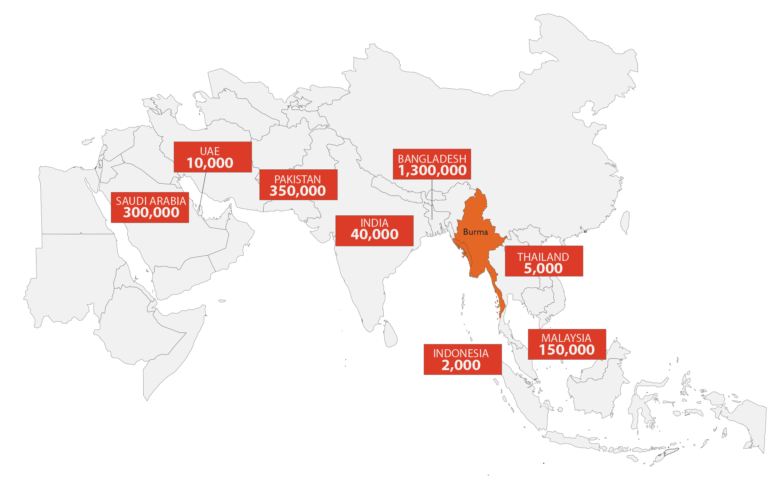
OUR JOURNEY
Project Launched in Kuala Lumpur
PARTNERS


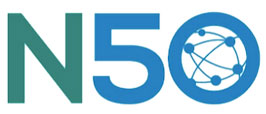

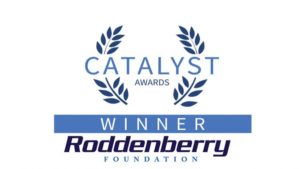


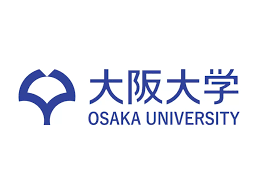
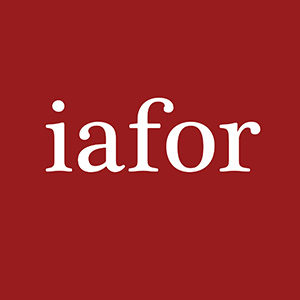
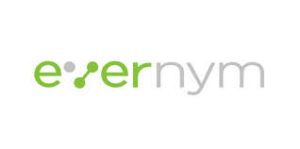
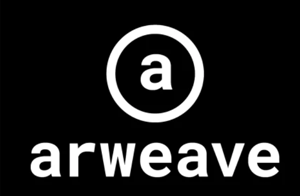

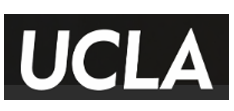


As the Rohingya Project intersects with different key areas, including migration, financial technology, healthcare, etc., we look forward to working together with other stakeholders. Learn more about our Partners
FEATURED
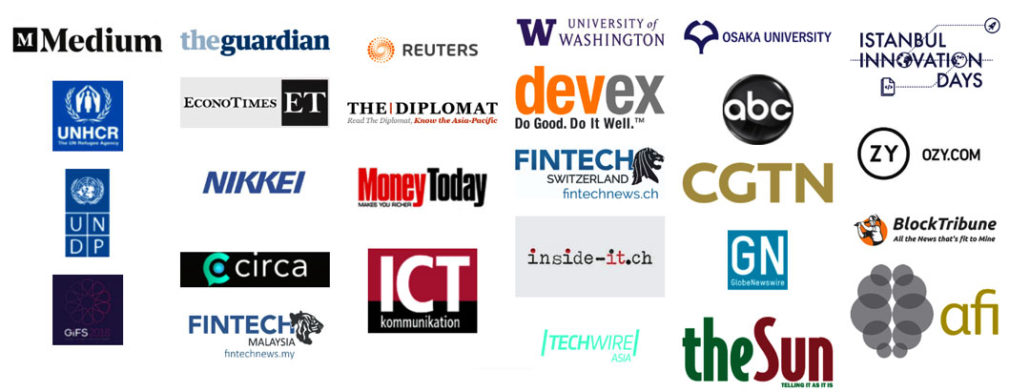
OUR STORY
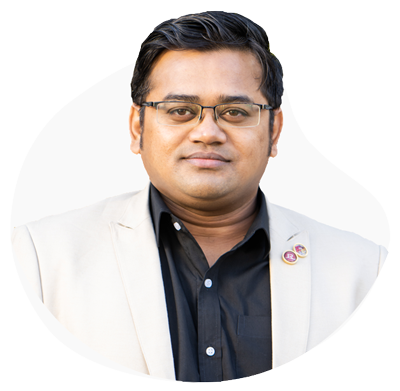
Life as a Rohingya - Message from Co-founder
As one of the Rohingya, I can say that each passing year seems to be a step back in time for us. In the course of the past 35 years, we have gone from a people with a sense of belonging and security in our homeland, to a people who are now called ‘the world’s most persecuted minority’. Whereas once we were a thriving culture, now we have been effectively disowned by our own state and scattered to the four corners of the Earth. The passage of each year is now a reminder of how our collective dignity is becoming a distant memory.
This has been much international uproar over the recent round of persecution in Rakhine since the middle of 2017. Yet this is nothing new for the Rohingya. Over the past several decades, and in particular over the past five years, such violence has become almost a routine spectacle for our people. What has received significantly less attention over this time, though, is the condition our people face in between these outbreaks of repression. The world knows well the Rohingya as victims of conflict, but they know far less of what hardships the Rohingya experience as a stateless people.
REPORTS
Rohingya Historical Archive Pilot Report
Report by Aseera Shamin, National University of Singapore The Rohingya are not just the victims of a military genocide. They...
Read MoreR-Academy: Providing Education & Skills to the Stateless
Introduction The Rohingya Project is a grassroots initiative to uplift and empower the stateless and financially excluded Rohingya people by...
Read MoreReport: Building Social Infrastructure and Identity for Refugees and the Stateless – Elliott Prasse-Freeman
ABSTRACT The report provides an assessment of a pilot project led by the Rohingya Project (RP), a Malaysia-based refugee-led non-profit...
Read MoreReport: Identities for Opportunities – University of Washington
SYNOPSIS This report provides a feasibility assessment for The Rohingya Project (TRP) proposal to create self-sovereign digital identities for the...
Read MoreRELEASE
Collaboration Workshop at Tilburg University, Netherland on 21st Feb 2020
This is an action-oriented event aimed to produce concrete research and practical contributions to the...
Read MoreMalaysian National Fundamental Recognition Award for R-Coin
Rohingya Project is grateful today to receive the Malaysian National Fundamental Recognition Award, under the...
Read MorePartnership MoU with Coinplug Korea
MoU between CoinPlug, Rohingya Project and Bang Singapore on Digital Identity Solutions for Stateless
Read MoreClosing Ceremony for the Pilot of the R-Coin
Rcoin is a Crypto Token for Refugee Volunteers supported by UNHCR a total of 35...
Read More
